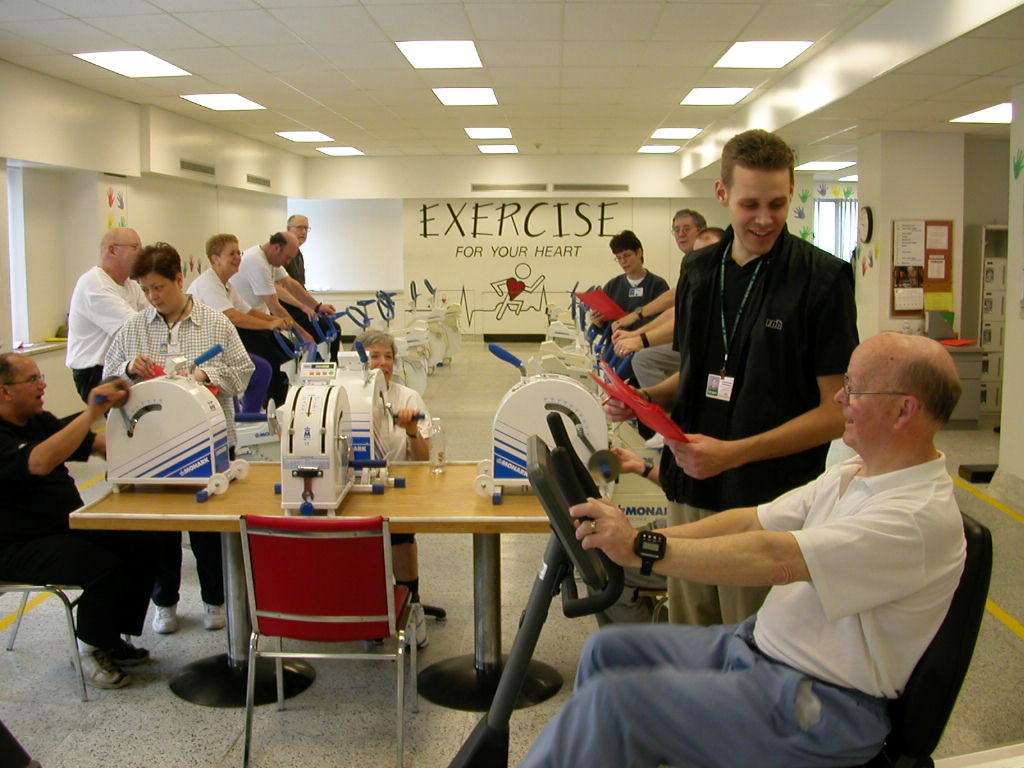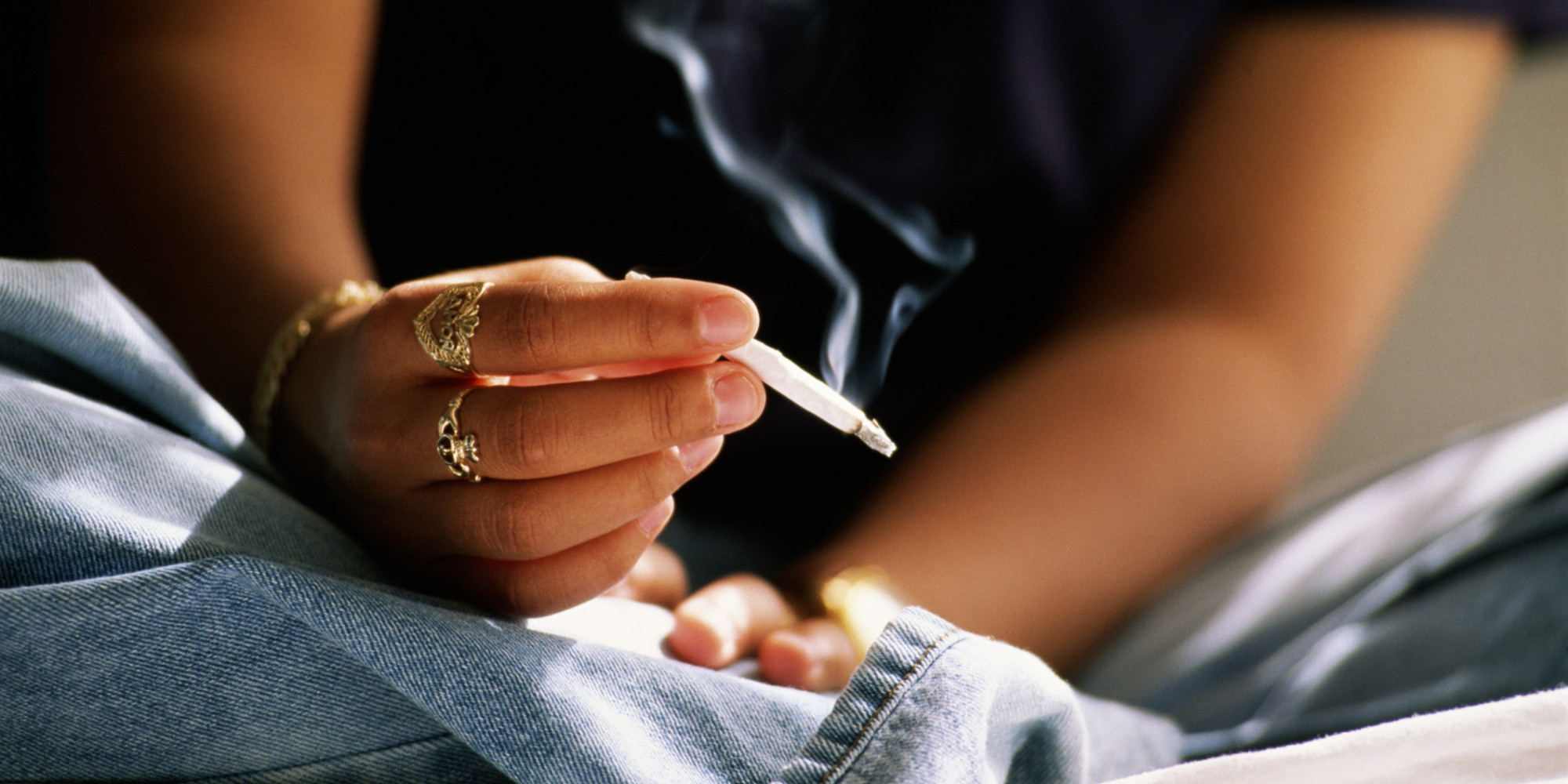If you’ve been nurturing an addiction for many years, whether to a substance or a behavior, you probably have a few preconceived ideas of what life without your addiction will be like. If you self-medicated with substances, you’re probably even more terrified of the future, especially if you have a dual diagnosis. What will happen to all those awful feelings and symptoms you’ve been numbing? How will you cope with a life you’ve not been able to tolerate until now? What about your ruined relationships? The answer to all these questions is a nuanced one, but those who’ve gone before you are likely to give you one simple answer: It’s easier than you think. Here’s why.
When Emotions Stop Being a Form of Punishment
The first 28 days of rehab can be tough on your feelings. You’ve spent years putting off all the grief of your losses, and now you will need to catch up. You might begin to grieve deaths that happened years ago, and you might find yourself responding to trauma as though it happened yesterday. The good news about emotions is that feeling them fixes them. Without substances to get in the way, you will process your feelings and finally get to leave them behind. The more weeks pass, the lighter you will feel. Your Beachway addiction community will be a much-needed support structure while you’re getting past the difficult part. You will leave loneliness behind the day you book yourself into treatment, and lack of isolation tends to make all feelings that much easier to deal with.
 When Trying Ends
When Trying Ends
Recovery is not merely a process of getting your body beyond dependency. You must also learn how to live life proactively and productively, on its terms rather than your own. Initially, the new behaviors you learn will feel like a long walk uphill, but within a year or two, you will naturally internalize them, so they will begin to feel like second nature. New behaviors take up to 224 days to turn into ingrained habits, so eventually, you will feel as though you’re no longer trying.
Getting to “Normal”
While detox itself will only take a few days, some substances continue to have an impact on your body for many months. Your brain is likely to be chemically compromised, and it will need time to return to full health. Your second month might feel remarkably easier than your first, but it’s barely comparable to how good you’ll feel after a year. Lethargy, insomnia, anxiety, and depression, among other symptoms, will begin to correct themselves early on. However, perfection takes time—experts say up to two years. Depending on the substance you used, protracted withdrawal could make you feel a little under the weather for some time, but your ability to concentrate should return after six months.
Addiction and dependency are two very different things. The latter is merely your body’s reliance on a substance. Addiction is behavioral in nature, so it requires you to learn healthier ways of living in the world. For this reason, addicts who come into recovery make improvements at a rapid and escalating pace. The consequences of a life lived well are worth the work. You have so much to look forward to.

